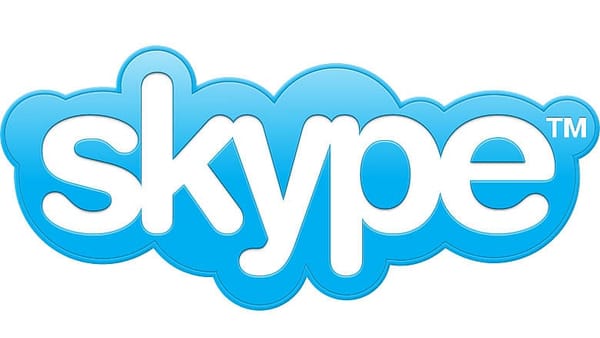Millennials, democracy, and the importance of civic virtue

Now that the millennial generation is coming of age, many are attempting to understand what it means to be a citizen in the United States of America. Is the system we have now really as wonderful as we've been told, or is it just too inherently flawed to work properly? Does the phrase, "American exceptionalism" have any meaning behind it, or is it ultimately an empty term? Given the chaotic election season so far, can the American system still function in the 21st century, or is it time for radical change?
To explore these questions, I interviewed four millennials who have been actively engaged in political causes, whether seeking a career in politics or advocating passionately for what they see as important issues. At the heart of my interviews, I specifically wanted to ask them what they thought of democracy, which we are taught from a young age to be one of the greatest American values.

